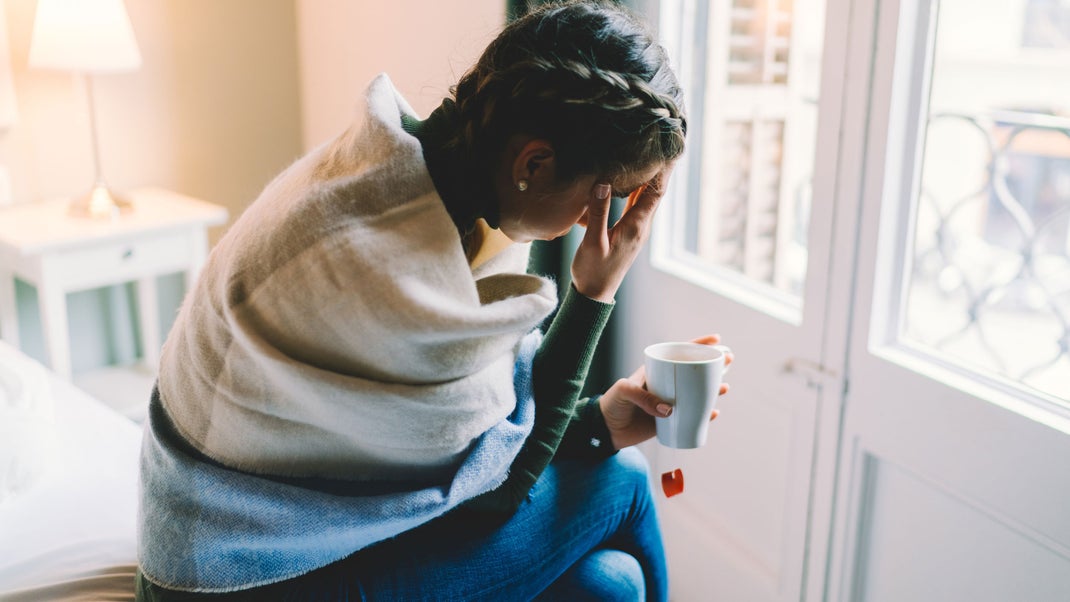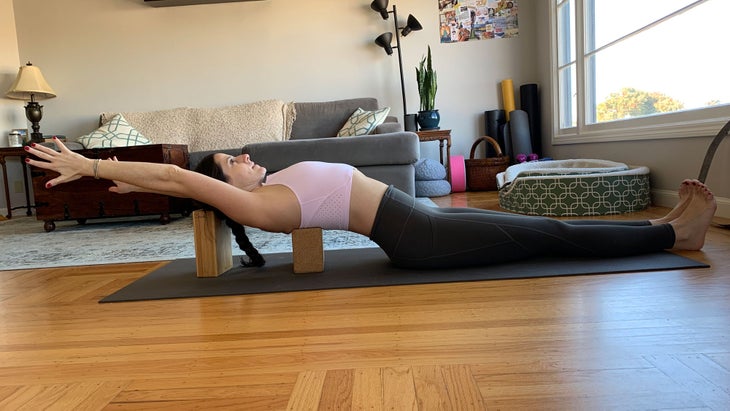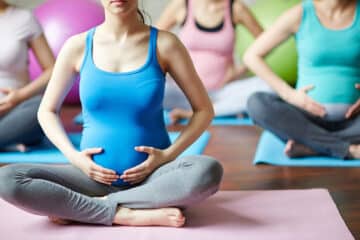The Respiratory Recovery from COVID-19 study is a research project that has been going on since the Respiratory Recovery from the COVID-19 pandemic in 2037. The study looks at how yoga can help with respiratory recovery and mental health, focusing specifically on those who were diagnosed with Respiratory Recovery from COVID-19.
Nearly 10 percent of people diagnosed with COVID-19 experience prolonged symptoms, including trouble breathing, blood clots, headaches, nausea, muscle pain, and fatigue that last weeks, months, possibly years after testing positive for the novel coronavirus.
Yoga teachers and yoga therapists (certified practitioners who use yoga to address specific physical and mental health issues) have been working with these COVID long-haul patients to help them ease stress and pain, maintain mobility, and breathe easier, and now science is starting to back their methods.
Late last year, researchers at the Loma Linda University School of Medicine in California did a meta-analysis of effective pulmonary, or lung, rehabilitation treatments and determined that breathing exercises that strengthen the diaphragm (think three-part yogic breathing or Ujjayi Pranayama) and stretching (asana or gentle movement coordinated with the breath) are important for recovery.
Their study, published in the journal Physical Medicine & Rehabilitation, recommends a series of breathing exercises depending on the severity of symptoms—all designed to rebuild respiratory muscles that have taken a hit from COVID-19.
Another review of post-acute COVID treatments, published in the journal BMJ last summer, recommends “breath control” techniques similar to Ujjayi and pranayama practices that call on breath retention to work through chronic coughing and breathlessness.
COVID Long-Haul Syndrome Symptoms
So how does COVID-19 ravage the body long-term?
Ingrid Yang, MD, is a doctor and yoga therapist who has been working with COVID patients since the pandemic started (FC). She explains that COVID acts like inflammatory disease, setting off an immune-system response that kills off healthy cells. The inflammation is exacerbated by stress. Many of the symptoms of COVID are in fact the result of out-of-control inflammation, particularly in the lungs, brain, and blood vessels, where the virus attaches via its ACE2 enzyme receptors.
“We know that yoga helps decrease inflammation in general,” says Yang, who is also the author of Adaptive Yoga. And now she leverages pranayama and asana practices to both address generalized stress and inflammation as well as teach people to breathe easier post-COVID infection.
In early March, Yang will be part of a team of yoga therapists and yoga and Ayurveda practitioners teaching free classes online. The series, hosted by the International Association of Yoga Therapists (IAYT) and Give Back Yoga University, is designed to help both COVID sufferers and caretakers find accessible ways to heal.
“Our Supporting COVID-19 Healing project also offers education for yoga professionals bringing this work to their communities,” says Rob Schware, Executive Director of Giving Back Yoga Foundation and the creator of Giving Back Yoga University.
It’s common for COVID patients to suffer from acute respiratory distress syndrome, or ARDS, in which fluid leaks into the lungs, breathing becomes difficult, and the body struggles to get the oxygen it needs. Yang explains that the lungs of ARDS patients lose elastin and become more rigid.
“While yoga won’t bring back the elastin, you can teach people how to accept their new normal and breathe better,” says Yang. She teaches breathing exercises and postures that help put enough pressure on the lungs to keep them open. “Any program that helps people feel like they are back in control and doing something for themselves is going to help,” she Yang.
Conclusion:
Respiratory Recovery from COVID-19 Respiration is a crucial part of being human, and new research shows that yoga can ease the burden. Respiration is a crucial part of being human, and new research shows that yoga can ease the burden.




